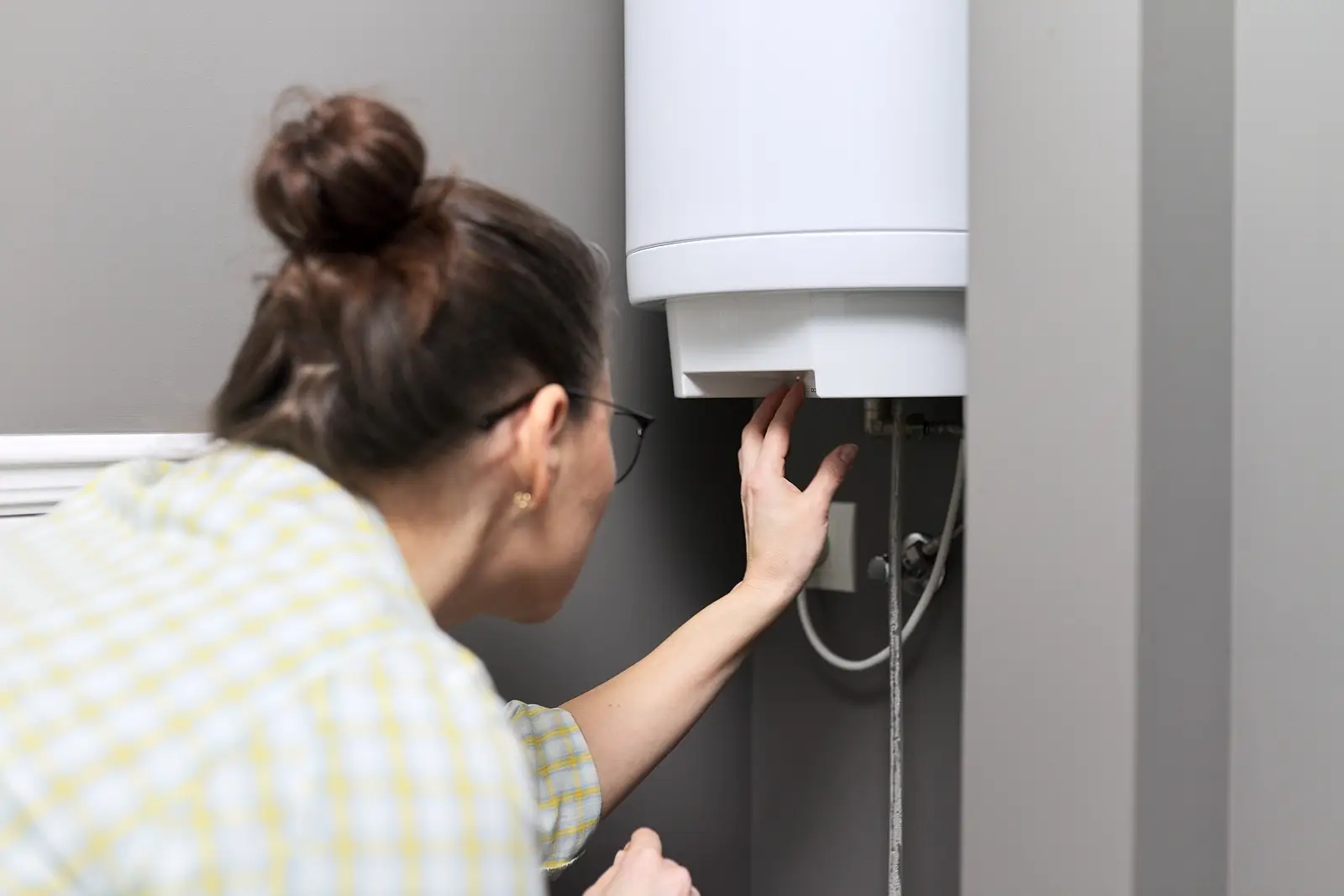How to Tell If It’s Time to Replace Your Water Heater
Your water heater is the silent workhorse of your properties, ensuring tenants enjoy warm showers, clean dishes, and a comfortable daily routine.
But when the hot water temperature fluctuates or strange noises echo from the basement, it’s a clear sign that your trusty water heater might be close to breaking down. Like any reliable partner, it deserves attention before it’s too late.
Knowing when to replace your water heater can save you from costly repairs, tenant complaints, and even water damage.
Whether you’re a landlord managing a single rental or a portfolio of properties, understanding the warning signs of a failing water heater is essential.
Key Takeaways
- Regular maintenance can extend the life of your water heater, but aging units will eventually need replacement.
- Warning signs like rust, strange noises, and higher energy bills indicate it’s time to replace your water heater.
- Upgrading to a new water heater, especially a tankless model, can improve efficiency and tenant satisfaction.
The Role of Your Water Heater in Daily Life
Your water heater is more than just a tank in the basement. It’s the backbone of your property’s plumbing system, providing hot water for washing dishes, laundry, and showers.
Most homeowners and landlords don’t think about their water heater until it’s too late, when the hot water runs out or the unit leaks.
Warning Signs Your Water Heater Needs Replacing
Recognizing the signs of a failing water heater can save you from unexpected expenses and tenant dissatisfaction. Here are the most common indicators:
Insufficient Hot Water: A Clear Indication of Trouble
If your tenants complain about cold showers or running out of hot water too quickly, it’s a clear sign your water heater is on its last legs.
Sediment buildup at the bottom of the tank can reduce its capacity to heat water effectively.
Rusty Water: A Warning Sign of Corrosion
Rusty water is more than an eyesore; it shows corrosion inside your water heater tank. If left unaddressed, this can lead to water heater leaks and even complete failure of the entire unit.
Strange Noises: The Sound of an Aging Water Heater
Banging, rumbling, or popping sounds are not normal. These strange noises often indicate sediment buildup, which can cause the heating element to overwork and eventually fail.
Higher Energy Bills: The Cost of an Inefficient Water Heater
An aging water heater becomes less efficient over time, leading to higher energy bills. Whether you have an electric water heater or a gas water heater, replacing it with a new, efficient water heater can significantly cut your energy costs over time.
The Risks of Ignoring an Old Water Heater
Failing to replace your water heater can cause water damage, mold growth, and even safety hazards like scalding or electrical issues.
The moisture from leaks can also damage nearby structures and encourage mold growth. The cost of ignoring these risks far outweighs the investment in a new water heater.
Why Tankless Water Heaters Are a Game-Changer
Tankless water heaters offer endless hot water, energy efficiency, and a longer lifespan than traditional tank-style units.
They’re a cost-effective solution for landlords looking to upgrade their properties.
The Importance of Regular Maintenance
Regular maintenance, such as flushing the tank and checking the anode rod, can extend the life of your existing water heater.
However, even the best-maintained units will eventually need replacement. Neglecting maintenance can cause the tank to corrode, reducing its lifespan and performance quality.
When to Call a Licensed Plumber
Some issues, like a faulty pilot light or thermostat, can be fixed with water heater repair. But if your unit is over its average lifespan (8-12 years for tank models), it’s time to consult a licensed plumber for a water heater replacement.
A professional can also install a new unit to ensure it operates efficiently.
The Benefits of a New Water Heater Installation
A new water heater installation doesn’t just solve your current problems, but also improves tenant satisfaction, reduces energy costs, and adds value to your property.
Whether you choose a tankless water heater or a traditional model, the upgrade is worth it.
Future-Proofing with a New Hot Water Heater
A new hot water heater isn’t just a replacement; it is an upgrade for your property’s efficiency and reliability.
Modern hot water heaters are designed to meet today’s energy standards, offering better performance and long-term savings for landlords and homeowners alike.
Hot Water, Happy Tenants
Your water heater might not be the flashiest part of your property, but it’s one of the most important. Don’t wait for water leaks, strange noises, or tenant complaints to take action.
A proactive water heater replacement can save money, improve efficiency, and keep tenants happy.
Ready to upgrade to a new water heater? Contact us today for expert advice and professional installation .
At Powerhouse Home Services, we will ensure your properties and household stay warm, efficient, and tenant-friendly.
FAQ Section
1. How can I check the age of my water heater?
You can find the serial number on your water heater, which includes the manufacturing date. Check the manufacturer’s website to decode the serial number.
2. What’s the difference between a tankless water heater and a traditional tank model?
Tankless water heaters heat water on demand, offering endless hot water and better energy efficiency. Traditional tank models store and heat a fixed amount of water.
3. How often should I flush my water heater?
For optimal performance, flush your water heater at least once a year to remove sediment buildup. In areas with hard water, consider flushing every six months.
Other Resources
Prevent Plumbing Disasters with Expert Drain Cleaning Service Today
Naples Water Filtration: Protect Your Plumbing and Health Effectively

